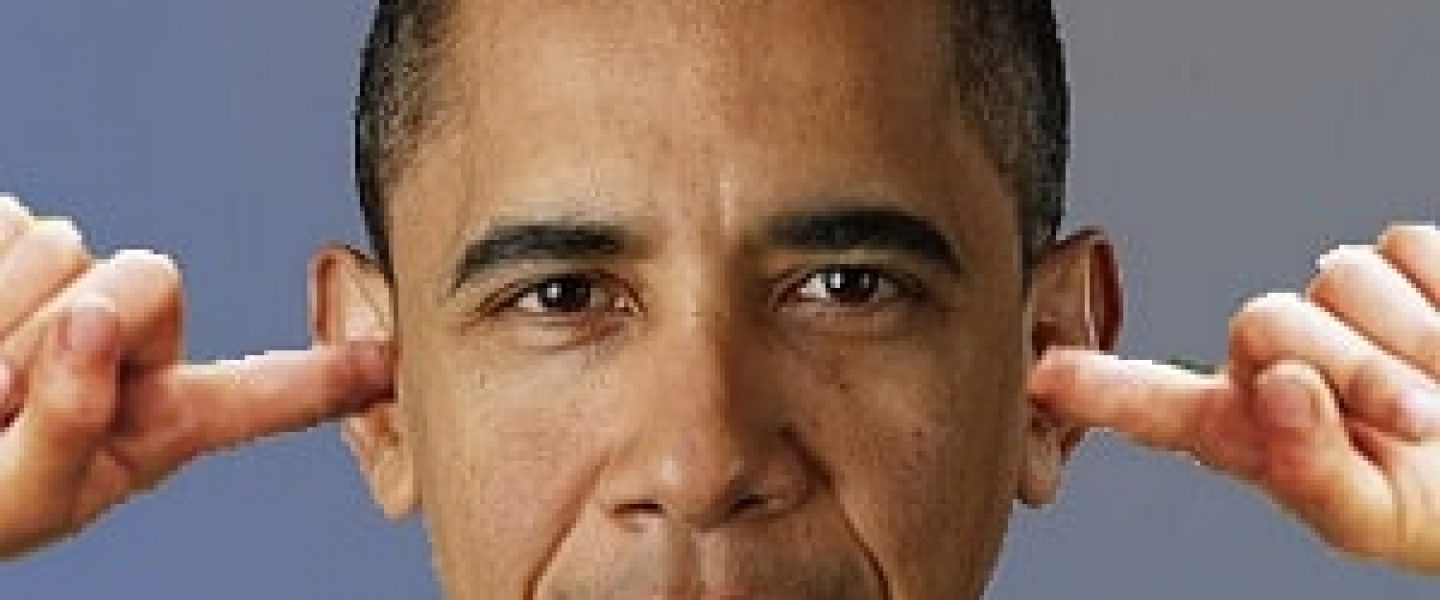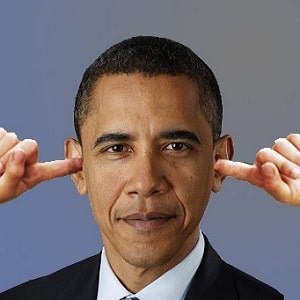In little-noticed remarks during the commencement address he delivered at Morehouse College on May 19, President Barack Obama admitted that he might well have ended up behind bars for some of his well-known youthful indiscretions:
“[W]hatever success I have achieved, whatever positions of leadership I have held have depended less on Ivy League degrees or SAT scores or GPAs, and have instead been due to that sense of connection and empathy — the special obligation I felt, as a black man like you, to help those who need it most, people who didn’t have the opportunities that I had — because there but for the grace of God, go I — I might have been in their shoes. I might have been in prison. I might have been unemployed. I might not have been able to support a family. And that motivates me.”
As a reminder, young Barry Obama was quite the marijuana enthusiast back in the day. As a member of Hawaii’s “Choom Gang,” he was partial to “intercepting” joints. In his memoir, he even fessed up to using cocaine on occasion.
The president is quite correct that if he as a young black man had been caught by the cops while partaking in any of these activities, he could easily have ended up in prison. And he probably would not have gone on to a successful career as a lawyer and politician.
If only the president took that sense of connection and empathy he so eloquently talks about and actually applied it toward any number of the thousands of people who are languishing behind bars today for doing exactly what young Barry Obama did.
The fact is, Barack Obama has exercised his powers to commute prison sentences and grant pardons far less often than any other modern president.
But that’s the thing about this president: He excels at talking about the need for a new approach while in many cases simply continues the same old policies. Nowhere is this clearer than in the area of criminal justice and drug policy reform.
The president and his drug czar, Gil Kerlikowske, repeatedly say that we “cannot arrest our way out of the drug problem” and give lip service to the notion that we need a balanced, health-focused approach to tackle the medical issue of substance abuse. The White House Office of National Drug Control Policy has even taken to using the hashtag #DrugPolicyReform on Twitter. Yet the rhetoric doesn’t match the policy reality. In budget after budget, this administration continues the failed, decades-old approach of emphasizing funding for punishment and interdiction programs over treatment and prevention services.
And the president and those who work for him have stood in the way of commonsense marijuana policy reforms. Despite his campaign pledge that “what I’m not going to be doing is using Justice Department resources to try to circumvent state laws” on marijuana, the Obama administration has regularly threatened medical marijuana providers who operate in accordance with state and local law. In one term, this president has overseen the shuttering of more state-legal medical marijuana providers than were closed by federal action during two full terms of the Bush administration.
According to federal stats, only one in 10 people in need of substance abuse treatment receive it, yet police spent time (and taxpayer money) making 1.5 million drug arrests in 2011. If the president really wants to change this situation, he could start by pushing to eliminate funding for federal anti-drug grant programs that incentivize local and state governments to arrest and punish people with drug problems instead of help them.
At a time when one in three black men can expect to spend time in prison, does Barack Obama really want to be remembered as the president who simply talked about reforming failed and harmful criminal justice policies but didn’t actually do it, or does he want to go down in history as a leader who accomplished the changes he said were needed?
It’s time for the president to make good on his words with some actual deeds. It’s time for him to show some empathy to those who are behind bars – where he admits he could easily have ended up. Come on, Mr. President: Don’t just talk the talk. Walk the walk. Be a leader. Or at least follow the lead of the American people, a majority of whom support marijuana legalization and believe the overall war on drugs to be a failure.
Tom Angell is chairman of Marijuana Majority (https://MarijuanaMajority.com).
Source: National Cannabis Coalition – make a donation









